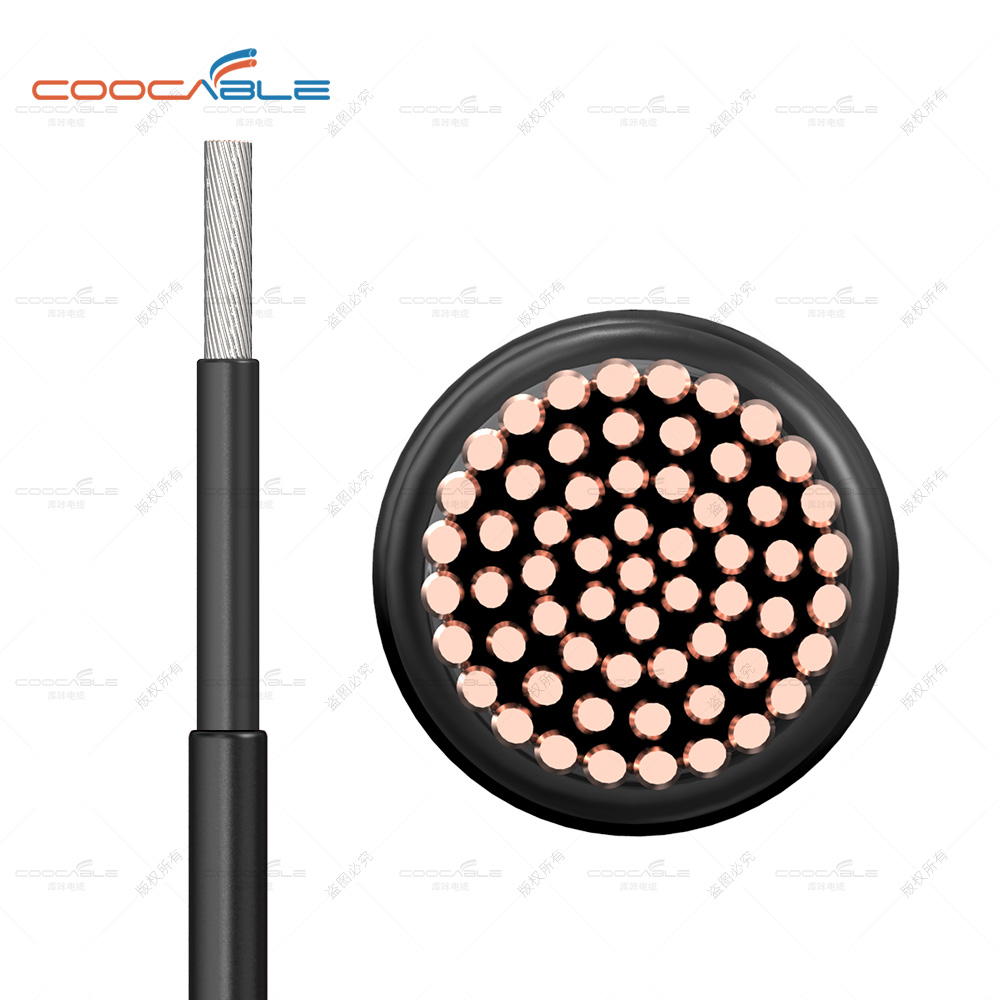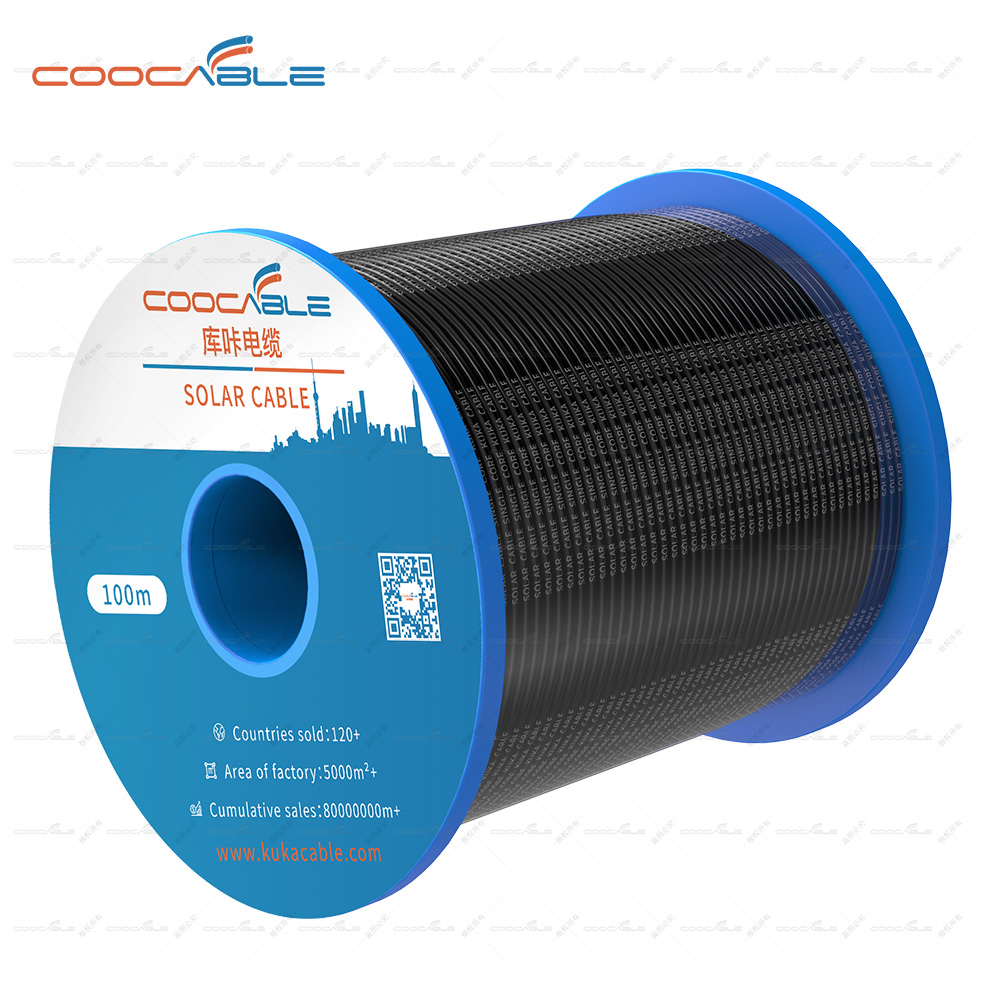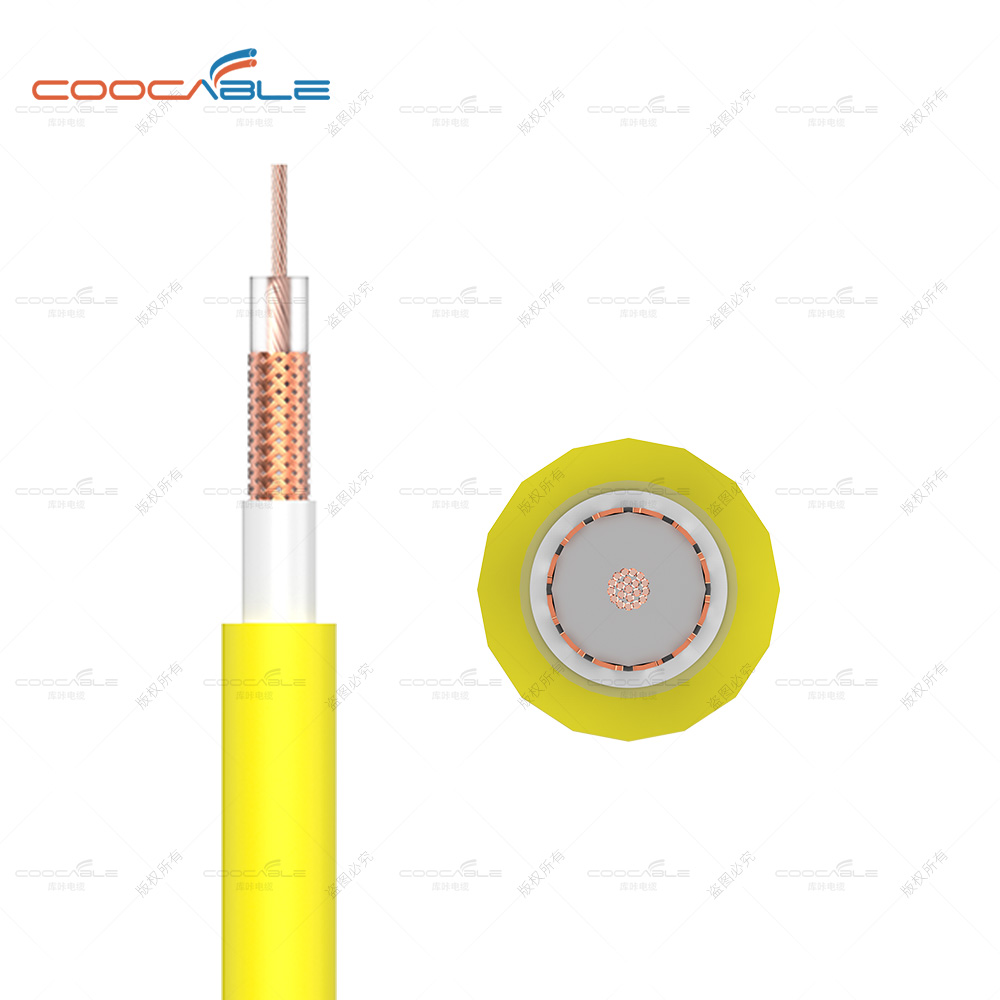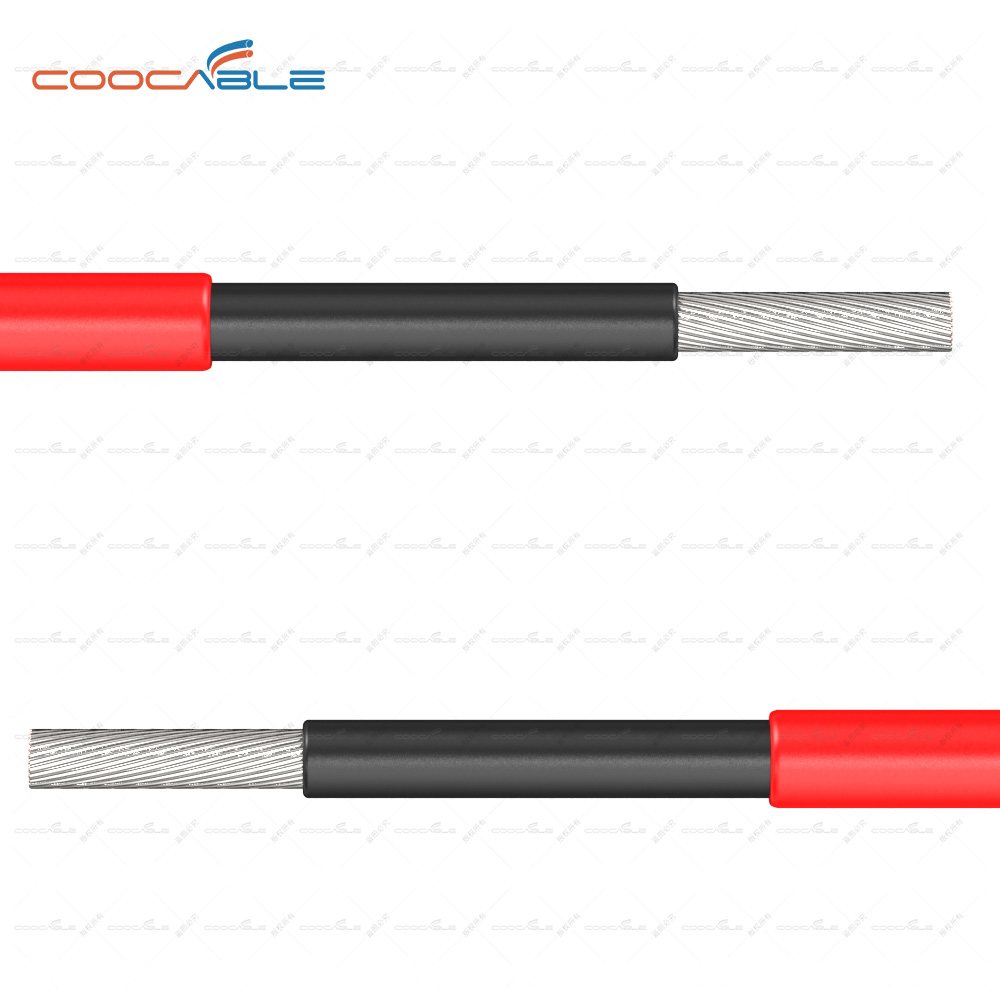Why TUV twin solar cable need radiation
Why TUV twin solar cable need radiation
Irradiation cross-linking is the use of high-energy electron beams generated by an electron accelerator to bombard the insulating layer and sheath to break the polymer chain, and each breaking point becomes a free radical. Free radicals are unstable and must recombine with each other. After recombination, the original chain molecular structure becomes a three-dimensional network molecular structure, forming cross-links. The performance of the low-smoke halogen-free cross-linked polyethylene material is unique to the irradiation tool. Pay attention to the following five points when irradiating solar cables:
1. Before the solar cable is irradiated, check whether the conductor of each cable head is fully grounded. It is strictly forbidden to irradiate the cable without grounding.
2. When the insulating core and sheath layer are irradiated, the absorbed dose should pass the thermal elongation test.
3. The surface of the irradiated insulating core and sheath layer should be smooth, free of oil stains, and no obvious color changes. The insulating layer should not have scratches, fuzz, cracks or bubbles, and the printing should be clear and pollution-free.
4. The traction and take-up speed should be coordinated with the beam current adjustment action during solar cable irradiation to increase or decrease the speed to avoid over-dose or under-dose.
5. After the insulated core and sheath layer are irradiated, they must be grounded and fully discharged, and parked for 48 hours before being transferred to the next process.





